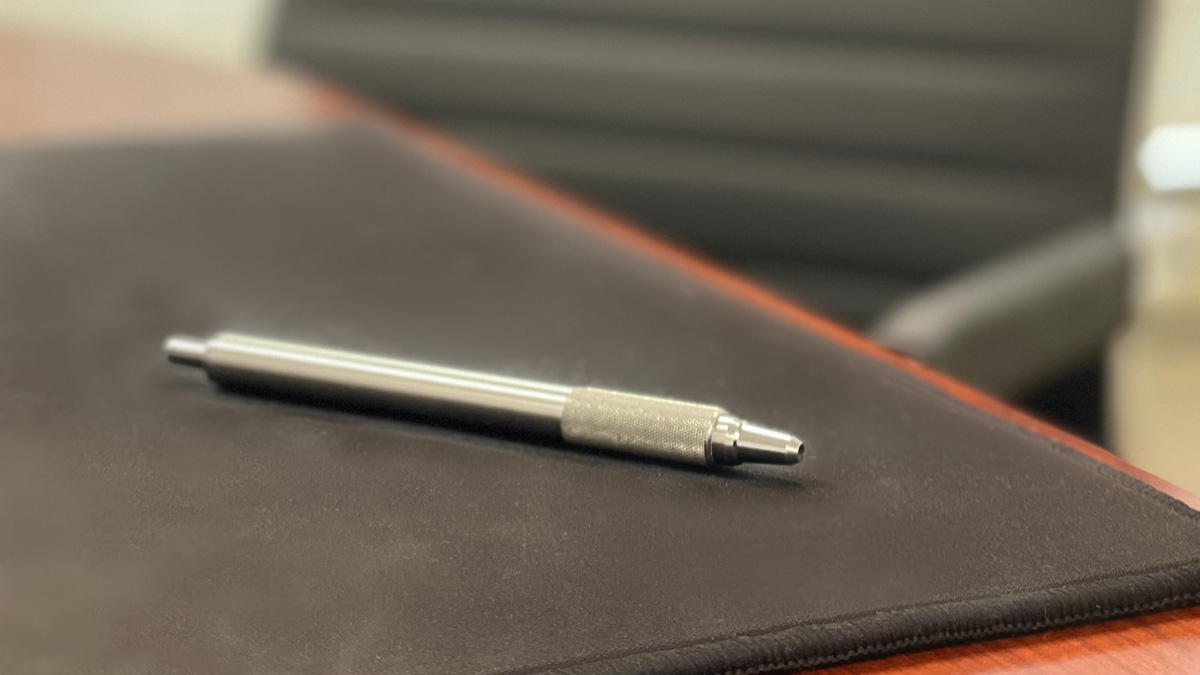Knowing what you need for court is important, no matter what you are there for; trial, traffic tickets, jury duty, etc. You must know what you will need to have and do to be prepared for your day in court. Here are some of the top things to do before your day in court.

What to bring:
- Documents
The organization of your documents is a significant part of the presentation of your case. You will want to bring all original copies of the relevant documents to your case. Along with your original documents, bringing at least 4 copies of each document for yourself, the judge, the opposing party, and the court clerk will be extra helpful during the trial. Some documents that may be relative to your case are; written contracts, leases, emails, texts, receipts, recordings, letters, money orders, photos, advertisements, and canceled checks.Another important thing to organize is any physical exhibits you may need to bring to court. Physical exhibits may be hard to bring to court yourself so you may hire a legal courier. A legal courier is a person who is familiar with the legal and justice systems as well as the layout of their local courts. Many times these legal couriers can locate and file your legal documents for you on the same day. At Reliable couriers, we offer same-day legal couriers to perform all of these tasks.
- Witnesses
While you may be a witness or bring a witness, they are a very key component to have when in court. A witness is essential to a case as they may have a contention of how events played out. A witness may play their role in the trial by attending the trial in person or by submitting their written statement to the court. In some cases, you may need an expert witness for your trial. An expert witness can be helpful to your case, such as a medical doctor who can explain why your medical decision could have hindered your ability to make a decision.A witness majority of the time, will be someone who knows anything about your claim or has a lot of knowledge or experience based on your claim. In some cases, you may have a witness that does not want to give a written statement or appear to testify in this court. If this happens, you may ask the small claims court clerk for a subpoena. A subpoena is a court document that orders and enforces the absent witness; they must provide a written document to the court or attend the hearing. Often these subpoenas or written testimonies need to be delivered in a timely manner; our legal couriers are familiar with the process and can get these documents to their destinations in a flash.
- Lawyer
Although you may not be able to afford an attorney or lawyer, they are one of the best tools you can bring to court. An attorney is an expert on judicial and legal practices of the law and can help you make a good case. You are not required to have an attorney in small claims courts, but you may acquire one. Small claims courts were designed for people to be able to represent themselves effectively without a lawyer. In court, you may have a relative or friend represent you if you are physically or mentally disabled.If, in court, the defendant and claimant have both acquired attorneys many times, this will result in the case being transferred to civil court. If this happens, many attorneys will need to file a motion in a timely manner but will not have the time to do it themselves or do not want to add more billable hours to your total bill; therefore, they can use a legal courier for a faster and more cost-efficient option.

How to prepare:
- Health
The day or morning before the trial, you will want to mentally and physically prepare yourself. You will want to make sure to get a good night’s rest and eat a full breakfast. If you are going to be having a lunch break during court, avoid having caffeine or anything that may upset your stomach and eat simple foods. Eat something that will give you energy for the entirety of the hearing. If you know your hearing will take most of the day, packing a “care package” of nutritious and light snacks with some water may help your body last through the trial. The last thing you will want to practice before your trial is what you will say. You will want to practice what you want to say in court to avoid any pausing or stuttering and to procure the best way to present your claims. Practicing with your attorney or friend may help as well, as they can give their thoughts and advice on how you are presenting your claims. - Wardrobe
What you wear to trial is pivotal in how the courtroom will interpret you. The judge, bailiff (if you have one), jury, and all other courtroom staff, will make the first impression of you; this is not something you want to disregard. Your wardrobe is one of the key deciders when judges and juries determine a person’s credibility. Many courts in the united states may have requirements of a certain dress code and may remove you if your clothing is deemed inappropriate or in violation of the court’s dress code. It is important that you research to see if your courthouse requires a certain dress code before your trial date. If you do happen to violate a dress code and do not have the time to find the attire, a legal courier service can help you as well.Avoid wearing metal objects to court; you will be passing through metal detectors frequently, and you may be viewed as inconsiderate for taking up the court staff’s time by having to remove, then replace all of your metal objects. Women attending the trial should dress in clothing that is business or business casual. This attire can include solid-color blouses, cardigans, business suits, a conservative dress, and closed-toed shoes. For men, the dress is similar; business or business casual, slacks, sports coat, a solid color button-up, and limited jewelry. You should avoid wearing sneakers, t-shirts, shorts, flip-flops, or slides.
- Demeanor
When you are at trial, you want to treat the court and its staff with the utmost respect. You will want to arrive at least an hour before your scheduled hearing. This will ensure you have enough time to find the courtroom and file any last-minute papers you may have before your trial. By doing so, you will not delay your hearing and keep the courthouse staff waiting. If there are hearings before your hearing, do not talk, this is seen as rude and may hinder your case. During your trial, speak with the greatest respect. Always refer to the judge as “your Honor.” Wait until you are called upon to speak, do not interrupt the opposing party, judge, or your attorney. Never speak or turn to the opposing party when addressing the court and listen carefully to the questions asked by the court.When giving your answers, you will want to be polite, short, and to the point. Do not show body language when speaking or listening to the opposing party; stay composed. Staying composed during a trial will show that you are a reasonable and rational person. Do not expect a judge to take it easy on you just because you are not an attorney or it is your first time in court. That being said, be sensitive to the judge’s perspective. Each judge has a jam-packed schedule of cases to get through each day and carries the weight and responsibility of making tough decisions with little time. At the end of your trial, no matter the outcome, you want to thank the courtroom staff and the judge for their time.
After your hearing, you will want to wait to ensure that you do not have additional documents to sign or receive any documents from the court, such as an order. Should you miss receiving these legal documents, a legal courier may deliver them to you.
- Disabilities:
If you have or believe you have a disability that will harm or hinder your abilities throughout court proceedings, you are entitled to request aid for your disability. Any disability under the ADA, physical or mental impairment, inability to see/ hear/ walk/ breath, and all impairments substantially limiting to major life activities, will be granted reasonable modifications for their court trial. Before your trial, you will want to submit a request with a court administrator for any of the court modifications you may require, including but not limited to; auxiliary aids, wheelchairs, hearing aids, glasses, and of modified court practices and procedures.For those who speak a different language and require an interpreter, they are available upon request before your trial. Interpreters provided will be provided on a case-by-case base for all dialects as well as American sign language interpreters, all of whom will be qualified and familiar with legal procedures and terminology.
If you find that you are missing any medical equipment for court or are in need of a legal courier to file your disability note as you are unable, you may use a reliable courier service.


